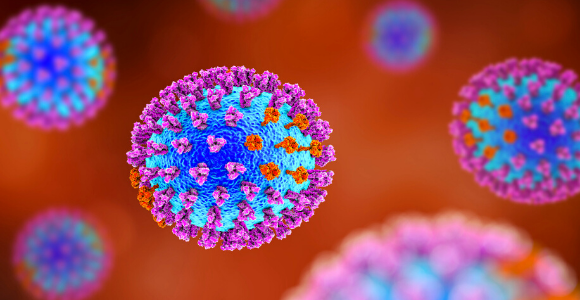Welcome readers! Please subscribe through the buttons on the right if you enjoy this post.
(Read this series from its beginning here.)

This passage from Luke is gut-wrenching in its full context. It is a violent and graphic depiction that doesn’t even spare children. Again, the fact that it was written after the fact explains that graphic detail. This passage is part of a long Hebrew prophetic tradition of calling for justice and change.
I listened to an interview recently with Rev. William Barber. He describes the “evil” of the President of the United States using the Defense Authorization Act to make meatpackers go to work, but not using that same Defense Authorization Act to make sure they had the PPE, protections, insurance, or sick leave that they needed. The government used the Defense Authorization Act to force vulnerable populations to go back to work in lethal situations. What the “essential” in essential worker really means now is expendable, because they’re essential, but none of the interventions have given these workers the essentials to protect them and lastly, it has failed to give them also the healthcare they and their families they live in contact with need when they will get sick. The entire interview is worth listening to.
Barber shared stories of unnecessary pain, pain that’s a result of how the pandemic has been handled systemically. He tells the story of Polly, a nurse’s aide in New York who said, “I feel like we’re engaged in mass murder. We’re being led to mass murder.” She said, “We have to buy our own garbage bags to try to have some coverage. We don’t have the masks that we need. None of this was done upfront.” Barber goes on to say to these vulnerable communities not being protected, “Don’t you believe these lies these governors are telling us about the time to open back up the society. Stay at home. Stay alive. Organize. Organize.” The Poor People’s Campaign is demanding that the government do all the things it didn’t do upfront for us as a society to move forward and possibly overcome this pandemic.
The day before I caught this interview, Rev. Dr. Kelly Brown Douglas (Union Theological Seminary) interviewed Dr. Eddie S. Glaude Jr., chair of the Department of African American Studies at Princeton University. Their interview on being the Church in time of COVID-19 is a powerful conversation worth sharing. You can listen to the entire interview at https://www.facebook.com/unionseminary/videos/248181253070899/
In this discussion, Douglas and Glaude make clear how COVID-19 is exposing the injustice of racial inequities in the U.S. It is not an aberration of the U.S.’s experiment with a White Supremacist Democracy (as contrasted with an egalitarian democracy) but a reflection of the very nature of this country. COVID-19 has not created new injustices or inequities but is helping people recognize these elements in our society that already existed. Our present crisis is revealing the “fissures and breakages” to those who would rather not know or remain ignorant. And it is confirming what those who have been bearing the brunt of these injustices—Black and Brown communities, poor communities, elderly people, migrant communities—have known by experience all along. Douglas connects how Trump’s executive order that meatpacking industries will be compensated for the loss of their labor to how slave owners were compensated for the loss of their slave labor after the Civil War when they had no intention to care for the human beings producing their products. Glaude calls this the ugliness of capitalism.
It made me think of how indigenous communities have historically suffered and are still suffering as a result of our economic system. Capitalism has always placed profit, product, property, and power over people and the planet, seeing both people and the planet as disposable. We are again seeing its character in the clamor to reopen states while vulnerable people and communities are dying at disproportionate rates. “Essential,” “expendable,” and “disposable” are all being shown to be synonyms. What’s happening is being chosen by those who in charge at the expense of lives they deem disposable.
Next, the interview transitions to the role that faith communities have during this time. And the final part of this interview is the most important. I’ll save it for you to listen to and I cannot recommend it highly enough. You can find it at https://www.facebook.com/unionseminary/videos/248181253070899/
This time asks us all these questions: Who are we going to be? What will the heart and soul of our societies be? Take a moment to imagine us differently.
This week, most of us don’t have the resources at our disposal to make global change. But we do have within our power the ability to create local change. You can start today, wherever this finds you. Within your family, within your circle of friends, within your faith communities, and the larger community outside of your faith community that you also belong to, we can collectively change the world. That change starts right now, with you, with me, with each of us.
Another world is possible. It’s not a world beyond our present material world, but as Dr. Glaude puts it, it’s beyond the present iteration of our material world. A different iteration of our present material world is possible: a different world here and now. Glaude ends the interview with the call to both imagine a different world and voice the notion that we actually can transition to a society shaped by justice and love. We can imagine a different way of being together again post-COVID, and that way will be determined by the kind of people we choose to be during COVID. In this work of imagining, faith communities have a part to play, right now.













